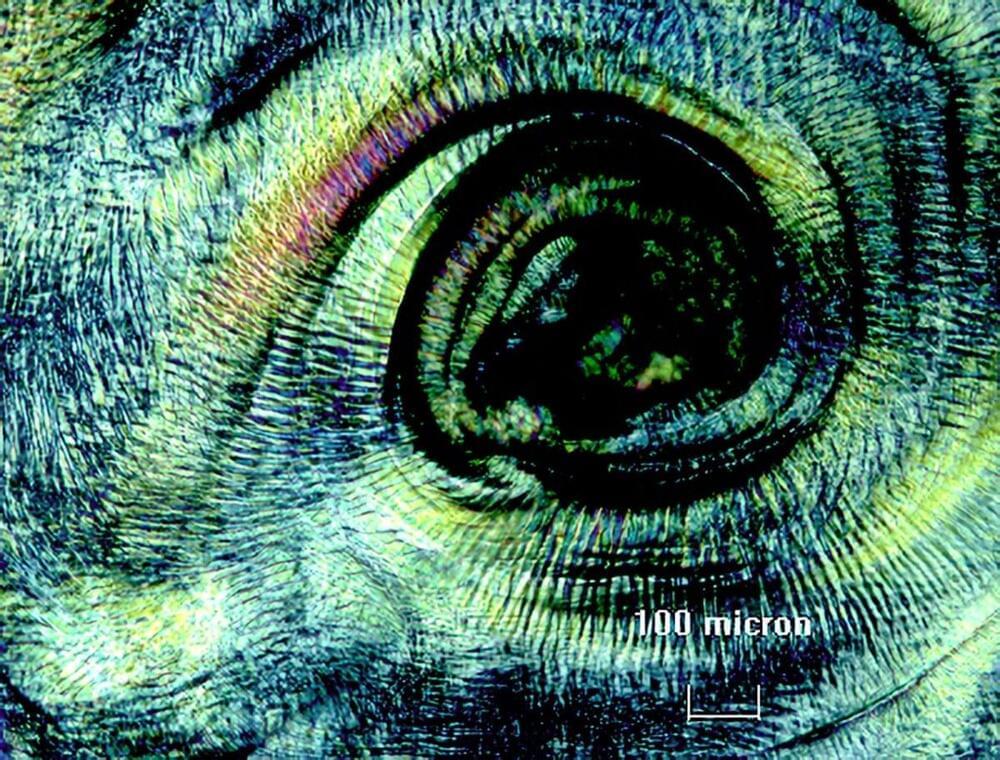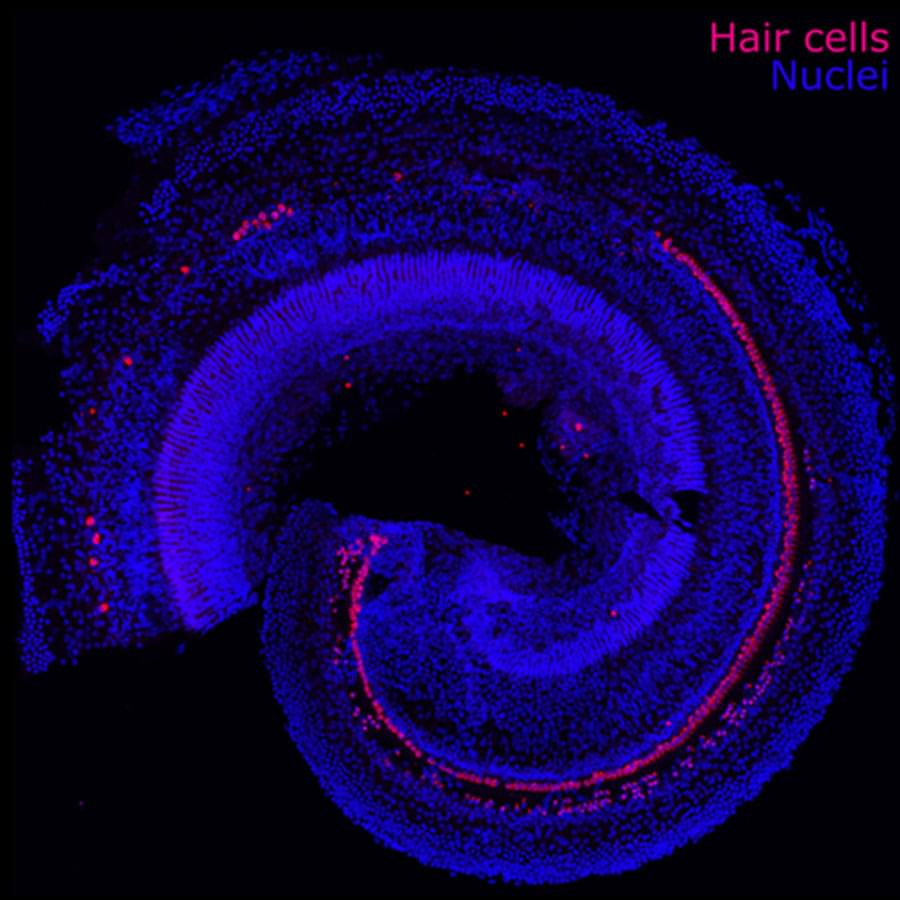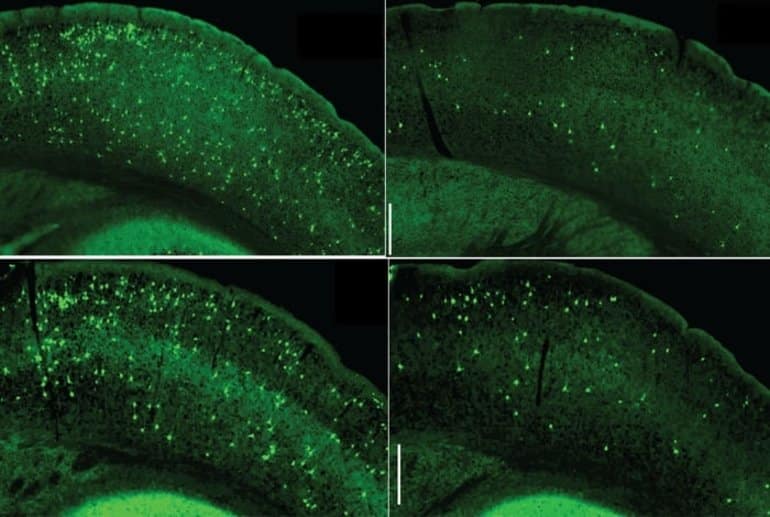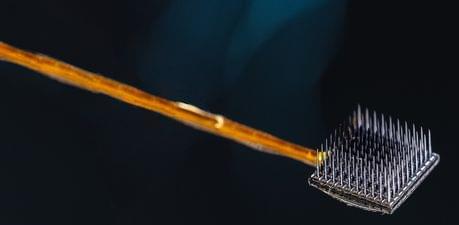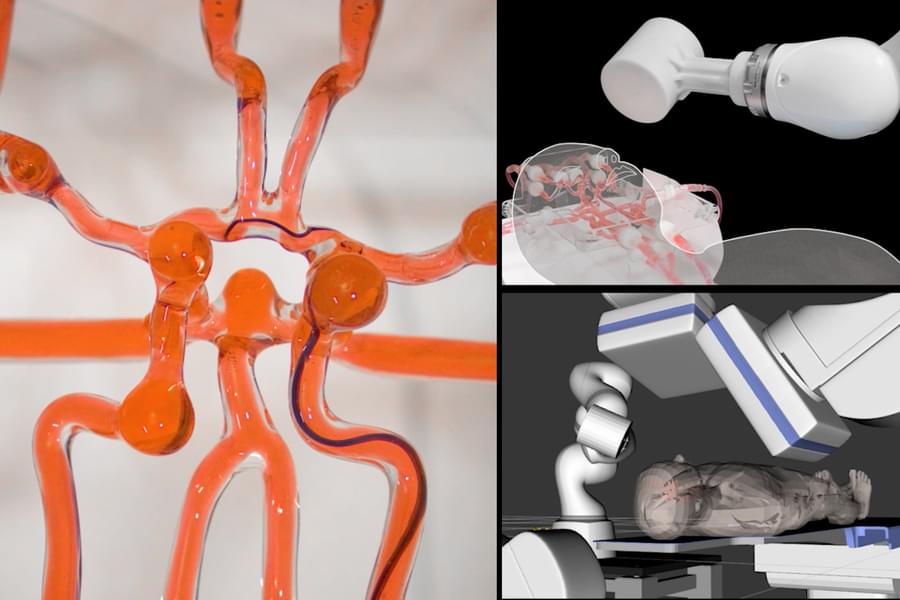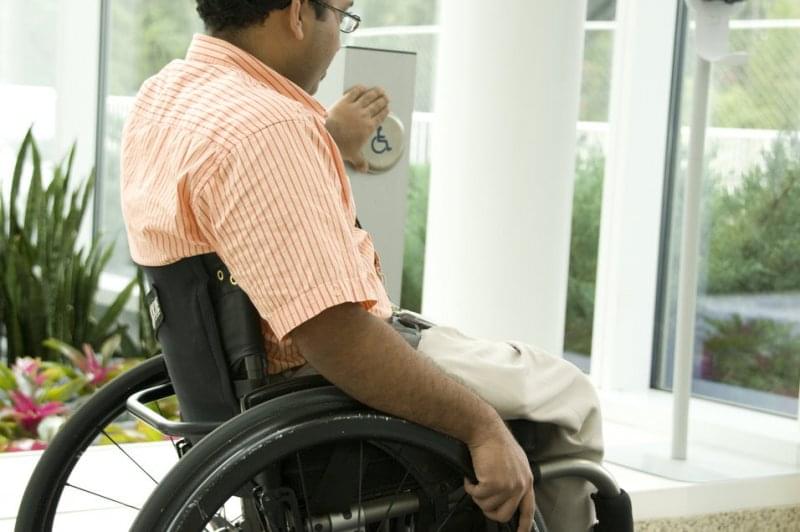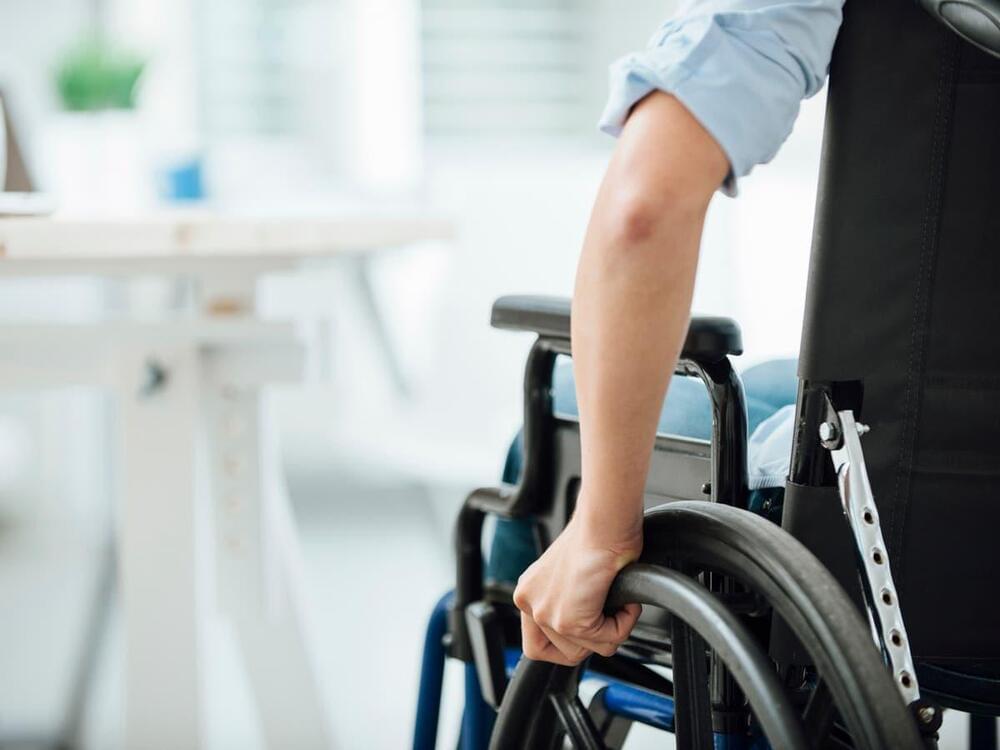
Seattle-based longevity biotech YouthBio Therapeutics has emerged from stealth mode, revealing it is working on the development of “gene therapies aimed at epigenetic rejuvenation, particularly with the help of partial reprogramming by Yamanaka factors.” The company boasts some top longevity science talent, with Dr João Pedro de Magalhães serving as its chief scientific officer and Dr Alejandro Ocampo as lead research collaborator.
Longevity. Technology: Cellular reprogramming is hot, hot hot! YouthBio joins a growing list of companies, including Altos Labs, Shift Bioscience and Turn Bio, among others, all aiming to change the course of human health through this exciting, yet early stage, science. Like everyone else, we’ll be watching all the players very closely – where will the first major breakthrough come from?
Cellular reprogramming is the process by which aged cells can be returned to a pluripotent (embryonic-like) state. This process, which can be achieved using Yamanaka factors, also improves the cells’ aging hallmarks. Partial reprogramming means that Yamanaka factors are induced only for short periods, which is not enough to fully change cells beyond a point of no return but is enough to induce rejuvenation.

